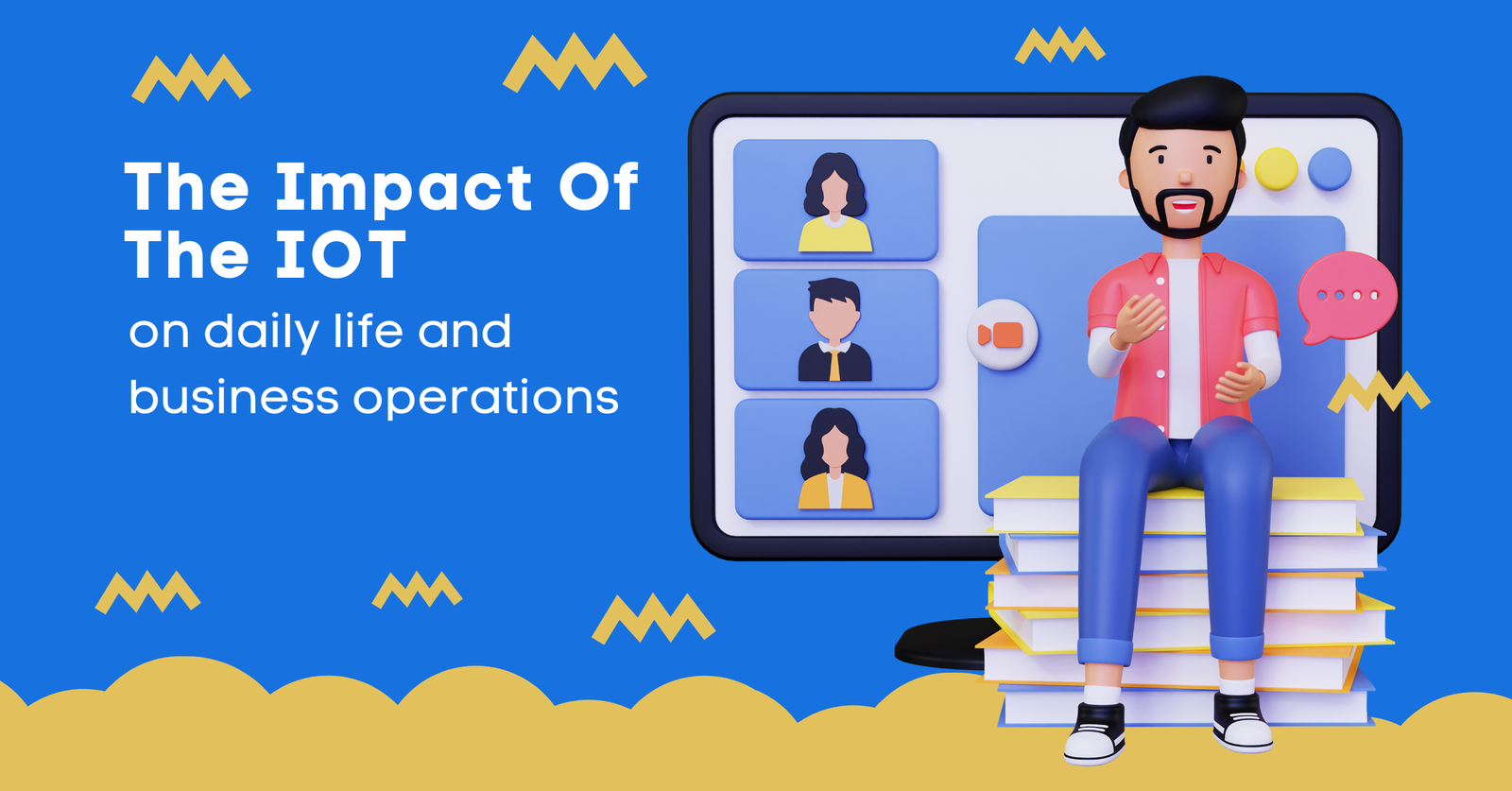One of the most revolutionary technologies in recent years, the Internet of Things (IoT) has a wide range of effects on both daily life and commercial operations. The Internet of Things (IoT) is the name given to the expanding network of gadgets and objects that are linked to the internet and can communicate and share data.
We can now remotely control our homes thanks to the IoT’s development in smart home technology. These gadgets have improved the convenience and energy efficiency of our homes, allowing us to do everything from control the temperature of our house with a smart thermostat to dim the lights using a voice assistant. Additionally, wearable technology such as fitness trackers and smartwatches enables us to closely monitor our health and fitness objectives.
With wearable gadgets that can remotely monitor vital signs, the Internet of Things also has the potential to revolutionize healthcare. This enables medical professionals to monitor patients, identify health problems early on, and offer more individualized care. A patient with a chronic illness like diabetes, for instance, may utilize a connected blood glucose monitor to communicate data to their doctor automatically so that the latter could modify treatment plans as necessary.
Through linked devices like security cameras and door locks, the IoT has made real-time notifications and access control possible in terms of safety and security. Both businesses and homeowners can benefit from the peace of mind that this technology can bring. For instance, a property manager may use a connected security camera to check on their building from afar, or a homeowner could use a smart door lock to grant a delivery person temporary access.
The IoT has revolutionized corporate operations by supplying useful data through linked devices. Numerous ways can be found to use this data to increase effectiveness and lower expenses. Manufacturers, for instance, can employ sensors to keep an eye on machinery and forecast when maintenance is necessary, cutting down on downtime and boosting output. Sensors can be used by retailers to monitor inventories and adjust store layouts, enhancing customer shopping.
Because it offers real-time information on shipments and inventory levels, the IoT is also revolutionizing logistics and supply chain management. As a result, businesses can track things from the point of production to the final consumer, increasing transparency and lowering the possibility of lost or stolen goods. Additionally, by anticipating demand, cutting waste, and speeding up delivery, linked devices can assist businesses in streamlining their supply chains.
Other significant advantages of the IoT for company operations include personalization and customization. Retailers, for instance, might make product recommendations based on a customer’s purchasing history and preferences using data from connected devices, increasing consumer happiness and loyalty. Manufacturers can design customized products depending on the demands and tastes of each customer using sensor data.
IoT, like any new technology, creates issues with privacy and security, though. Connected gadgets may be subject to cyber assaults, and the information they gather may be misused. It’s crucial that businesses and individuals take precautions to safeguard themselves, like using secure passwords, updating software, and being cautious when disclosing sensitive information.
In a nutshell daily life and corporate activities have already been significantly impacted by the Internet of Things. Its potential to boost productivity, decision-making, and quality of life cannot be disregarded. We can anticipate much more fascinating developments in the years to come as this technology develops. Future smart factories and connected homes are just a few of the IoT’s limitless possibilities.

